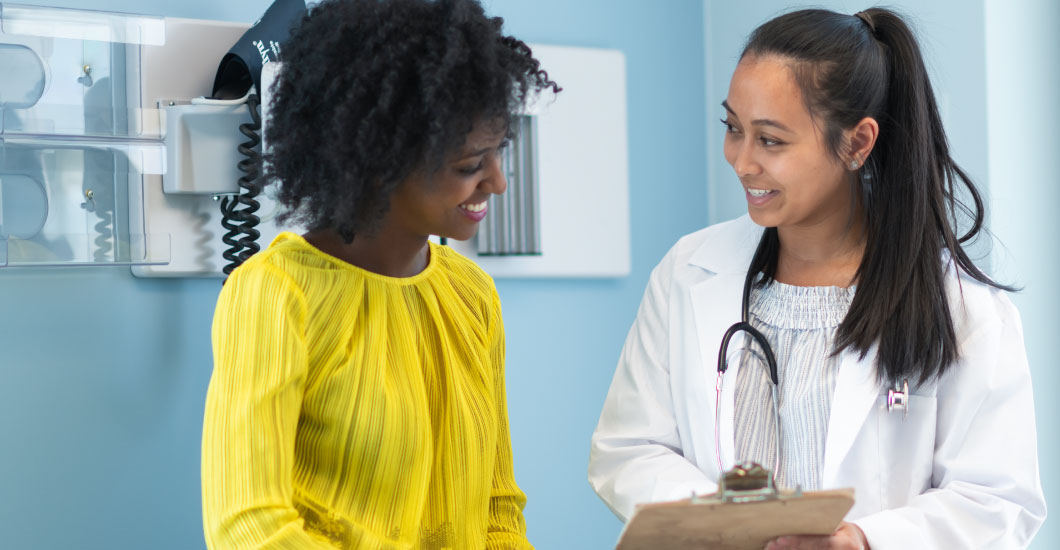What can I do to reduce my risk of cervical cancer?
Doctor's advice /

In general, cancer is a group of diseases that occur when cells in the body begin to multiply uncontrollably. People can develop cancer at any age. In women, one of the most common types of cancer is cervical cancer, according to the Centers for Disease Control and Prevention (CDC).
Cervical cancer occurs in the cells of the cervix, which is the lower part of the uterus that connects to the vagina.
Who may be at risk of cervical cancer?
The main cause of cervical cancer is the human papillomavirus. This virus is a sexually transmitted virus, which is transmitted through genital contact. Both women and men can get the virus and spread it to other people without knowing it. According to the American Cancer Society, the risk of cervical cancer is very rare in women under 20 years old, but occurs most often in women between the ages of 35 and 44.
Some of the risk factors for cervical cancer are:
- Having multiple sexual partners
-
Having a partner or multiple partners who participate in high-risk sexual activities
-
Not getting the HPV vaccine
-
Weakened immune system
-
Not getting the necessary routine tests to detect the disease
What treatments are available for cervical cancer?
Many times the treatment for this type of cancer will vary depending on the stage of the cancer, and if you are a woman who wants to have children. Some of the treatments that are available include chemotherapy, radiation, and surgery.
Keep in mind that even after you have received any of these treatments, the cancer could return. This disease can recur locally where it originated, such as the cervix, uterus, or adjacent pelvic organs, but it can also return in other distant areas.
Regardless of the type of treatment your doctor recommends, it is important that you understand the goal of the treatment, whether it be to control the growth, try to cure it, or simply relieve the symptoms. It is also very important to understand the side effects so that the treatment is more bearable, or for you to prepare to face them.
To reduce your risk of cervical cancer you should:
- See your doctor regularly for a pap smear and / or HPV test.
-
Follow up with your doctor if your cervical cancer screening test results are not normal
-
Get the HPV vaccine. It protects against the types of HPV that most often cause cervical, vaginal, and vulvar cancers. Protection against HPV infection lasts for 6 to 8 years. Vaccination is available for girls and women ages 9 to 26
-
Change unhealthy lifestyle and eating habits.
-
Avoid smoking cigarettes or e-cigarettes.
-
Practice safe sex. Using a condom and having fewer sexual partners may reduce your risk of cervical cancer.
How Sanitas can help you
Sanitas is your one-stop for all of your family’s healthcare needs. We offer a wide variety of tests such as pap smear to avoid the risk of cervical cancer and other health problems. Instead of going to a GYN to get a pap smear, you can get one with your Sanitas primary care doctor during your wellness visit, saving you time and money. Click on the Book Appointment button at the top of this page to make your appointment today in just minutes, or call us for help. At Sanitas, we take your care to heart.


